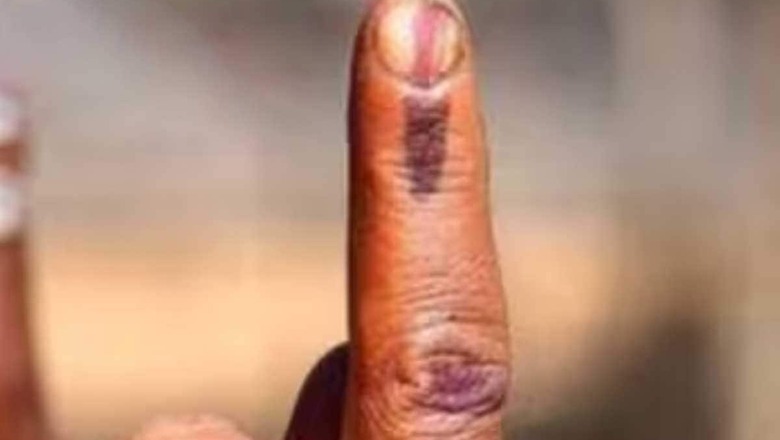
views
Most Indian political parties depend on donations from their supporters to fund their activities. These donations can be made in cash, to a certain limit, or by bank transfer to the party’s account. These donations allow you to take part in the functioning of a political party and boost its efforts to expand or reach out to voters. Donations made to a political party are also eligible for deduction under Section 80GGC of the Income Tax Act. You also make direct support to your favourite political party while availing tax benefits. Here are a few things you must keep in mind when you donate to a political party.
Key features of Section 80GGC for political donations:
-Any person, whether salaried or self-employed, can claim a deduction under Section 80GGC if they have made a donation to a political party or an electoral trust that has been registered under Section 29A of the Representation of the People Act, 1951.
-The amount eligible for deduction under Section 80GGC is the total amount donated during the financial year. However, in the case of companies, the tax deduction that can be claimed in a year is based on a percentage, usually 7.5 per cent, of their net yearly profit.
-The donation is advised to be made by any mode other than cash. Cash donations exceeding Rs 2,000 are not eligible for deduction under this section.
-To claim the deduction, an individual must possess a valid receipt or certificate from the political party or electoral trust. This receipt or document should mention the name and address of the donor, the date of donation, and the amount donated.
-The deduction under Section 80GGC can be claimed by filing up the income tax return (ITR) and providing all the required details.
Sometimes donating to political parties for tax saving purposes can be a complex matter, and it is important to understand the rules and regulations surrounding such contributions to avoid any legal trouble in the future.
Here are some key points to consider when making political donations for tax benefits:
1. Eligible political parties: A taxpayer must seek the registration certificate or document stating that the political party is registered under section 29A of the Representation of the People Act, 1951. It is issued by the Secretariat of the Election Commission of India. The registration of the political party can also be verified on the official website eci.gov.in.
2. Authorised donation methods: An individual should seek the Permanent Account Number (PAN) card of the political party along with a copy of the cancelled cheque. Bank details provided in the cancelled cheque can be verified with bank information mentioned on the registered website of a political party. The donor must ensure that he receives a physical receipt or hard copy which is duly stamped by the political party – stating that the amount has been donated.
3. Receipts and documentation: If the individual is given a notice to prove the genuineness of the transaction made, then the above documents (PAN) along with the payment receipt can be used as a supporting file and can be produced before the assessing officer. Also, the income tax return application form should be completed and submitted in the prescribed format within a specific time.
















Comments
0 comment